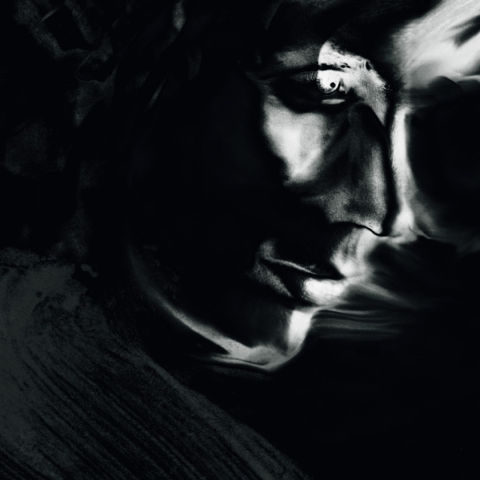That the massive Fedde Le Grand hit “Put Your Hands Up 4 Detroit” is actually based around a direct vocal sample from Matthew Dear’s first ever single – released after a stint at the University of Michigan in collaboration with Disco D – is a surprisingly little-known fact, and the Motor City’s sports fans who’ll be chanting that refrain whenever their teams win for decades to come are probably no more likely to pick it’s author out in a crowd than the guy that laid the turf at the stadium. It’s hard to imagine Texas-born Dear minding too much, though, especially when his share of the royalties have no doubt helped finance a decade-long series of musical experiments – under his own name as well as his False, Jabberjaw and Audion aliases – which has seen him divide his attentions between consistently killer dance-floor bangers and moments of quirky avant-pop genius, alongside the co-piloting of his Ghostly International and Spectral Sound labels. Over the last ten years, despite little in the way of mainstream attention, Dear has subtly cemented a reputation among the techno community comparable with the likes of Luciano and Ricardo Villalobos, a rarity among his compatriots that makes him arguably one of this new century’s most important American electronic artists.
Black City is the fourth album under the Matthew Dear moniker, and follows his overlooked masterpiece, 2007’s Asa Breed. On that record, the producer pulled some major surprises out of the bag, firstly unveiling a unique and more than competent Bowie-esque singing voice, and also marrying seriously catchy, upbeat pop tunes to complex but eminently danceable techno rhythms. It was quite a curveball, so it should come as little surprise that Black City sees another change in direction. The clue is in the title: this is one seriously dark journey. The light-hearted melodies and tropical instrumentation that made the likes of “Don & Sherry” and “Death To Feelers” such earworms are all but gone, giving way to ominous industrial drones. Oh, and good luck trying to dance to it.
If all this sounds unappealing, it isn’t. The press release accompanying the album includes comparisons to Prince, Arthur Russell and Talking Heads, and traces of those icons can be found here, it’s just that you have to dig deep to make them out. It can be frustrating, like being given directions to ancient treasure and finding that it’s buried under a mountain, but when it comes together the results can be fantastic. Opener “Honey,” for example, may start off as a ballad-paced dirge, but persistence reveals a similarity between its tightly-wound metronomic funk and the Mooney-era Can tracks cribbed by Radiohead during their Amnesiac period. Similarly, the grinding squall of “I Can’t Feel” initially seems made to induce repetitive head-butting rather than hip-swivelling, but its looped snatches of J.B.s organ and clipped guitar captivate in the same hypnotic way as the Bomb Squad’s early productions for Public Enemy.
As the album progresses, it becomes easier to locate the riches. The nine-minute title track, easily the most accessible moment here, builds on an elastic DFA disco groove and rivals anything on This Is Happening. “Slowdance” and “Shortwave” both bump along steadily on slow-flowing rivers of textured noise before flowering into pretty multi-harmony climaxes. “Soil To Seed” is powered by a housed-up krautrock rhythm, whilst the shuddering “You Put A Smell On Me” is not so much electro as electro-shock therapy, its metallic beat and aggressive buzzsaw synths jabbing and recoiling like an overconfident boxer. As the beatless Eno-like piano meditation “Gem” brings the album to a close, it’s easy to be reminded again of LCD Soundsystem; but unlike James Murphy’s blatant copycat tendencies, Dear seems to be channelling his influences unconsciously into something that sounds completely original. That this record is a sharp turn away from what many may have expected should really be no surprise, coming from such a musical auteur. Black City may initially disappoint fans of Asa Breed’s up-front pop, but those willing to chew it over a while will eventually find some pretty tasty treats within.

